Condition
Birdshot retinochoroidopathy is a rare, inflammatory condition of the retina and choroids that causes poor vision, night blindness, and disturbance of color vision. It is a chronic disease that flares up and then goes into remission. Although some people with this condition eventually lose their vision, others maintain or recover good vision.
Risk Factors
Birdshot Retinochoroidopathy usually occurs in Caucasian women over the age of 40.
Prevalence
Extremely rare Symptoms Fluorescein angiography, a test for evaluating the retina and choroid, detects Birdshot Retinochoroidopathy’s characteristic cream-colored spots, similar in appearance to the splattered pattern of birdshot from a shotgun. Symptoms include inflammation of the middle layer of the eye, called the uvea, caused by an autoimmune process.
Treatment
If you have been diagnosed with Birdshot Retinochoroidopathy, it is important to see your ophthalmologist regularly. The rate of progression and degree of vision impairment is variable.




Don't live with cloudy vision due to cataracts. We offer advanced Laser Cataract Surgery at the Ali’i Surgery Center on Oahu. Call us today to schedule your cataract exam and discover if now is the time for your cataract surgery. ... See MoreSee Less
0 CommentsComment on Facebook
We are so blessed with amazing optometrists who care deeply for our 'ohana. Mahalo Dr. Kashiwa, Dr. Ho and Dr. Bryant for taking such great care of our community. Happy World Optometry Day. ... See MoreSee Less
0 CommentsComment on Facebook
"Cez” has been working in the field of ophthalmology for over 18 years and has been with us for 12. She even volunteers her services to provide free eye care in the Philippines as part of the Bayanihan Without Walls Program. She serves multi-functionally as the clinic manager for all BEI locations and as a lead surgery coordinator/technician. A fluent native speaker of Ilocano and Tagalog, Cez is very passionate and tremendously happy and dedicated to providing quality eye care to every patient who comes her way. Drop a ❤️ or a comment below to thank her for all her hard work! ... See MoreSee Less
0 CommentsComment on Facebook
Comment below if you are one of the lucky 2%! Happy St. Paddy's Day. ☘️ ... See MoreSee Less
0 CommentsComment on Facebook
Don't let cataracts and glasses hold you back from living life to its fullest. Premium lenses can lessen your dependence on glasses for most or all of your daily activities! When it's time for cataract surgery, ask us about your options. ... See MoreSee Less
0 CommentsComment on Facebook
Most people with glaucoma are not aware of it as most glaucoma patients have zero symptoms. Catch the disease early and you have a great chance of preserving your vision for the years to come. Call us today to schedule your eye exam. Our team is here for you! ... See MoreSee Less
0 CommentsComment on Facebook